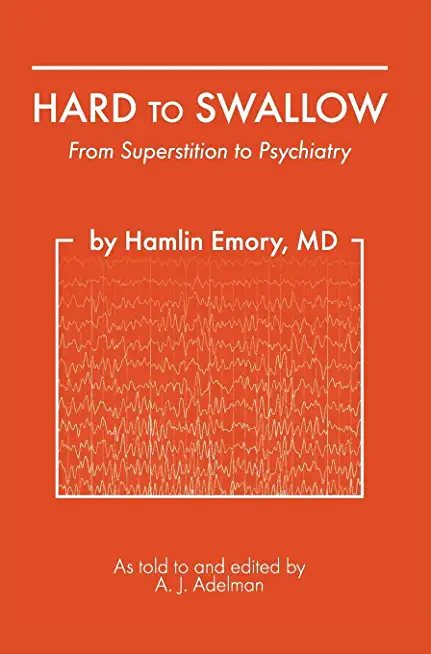
During the late nineteenth century, Dr. Sigmund Freud introduced a theory about human nature that has continued to hinder medical and psychiatric progress for over a century. Freud's approach, called psychoanalysis, ignored differences in human physiology. He presumed that all problematic symptoms or unusual behaviors were rooted in perverted thoughts. He was mistaken. Freud, a medical doctor, overlooked a fundamental medical procedure: the physical examination. His separating the mind from the body has had a potent and enduring influence, not only for psychology and psychotherapeutics, but also across medical specialties. During subsequent decades, the widespread adoption of Freudian psychoanalysis and other psychological constructs about human nature have presumed that brain function is the same across human populations. Though Freud was a trained neurologist, he did not physically examine his patients. This oversight has contributed to the current global brain-body disconnect in everyday medical practice. In Hard to Swallow, the author, Hamlin Emory, MD, explains his Brain1st(TM) medical approach that overrides this artificial divide and shows how people can achieve and maintain physical health and mental wellbeing.







